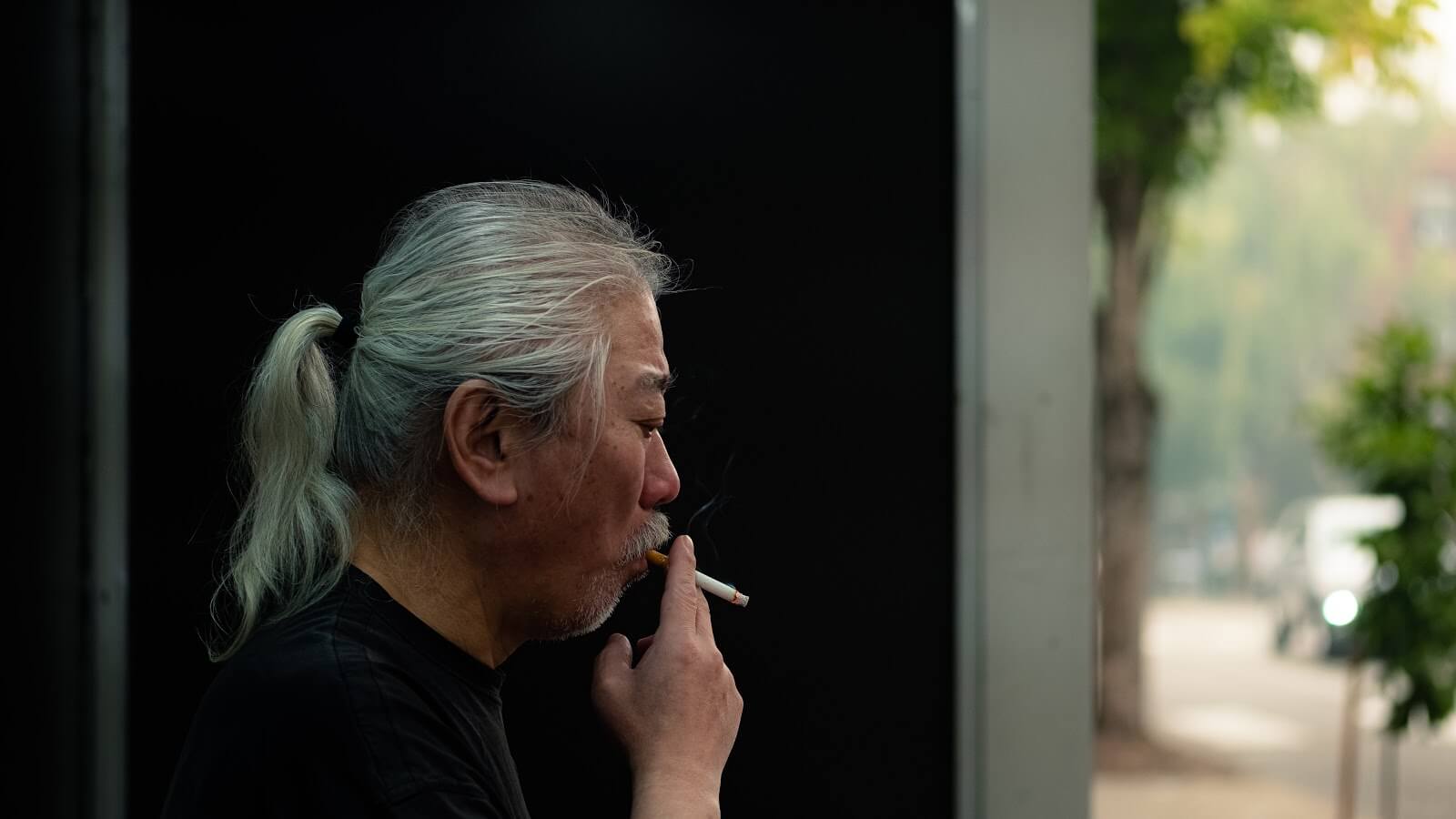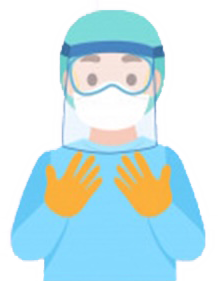Recognizing the Early Signs of Oral Cancer
Posted: November 30, 2020
Last Modified: May 19, 2022

A trip to your Barrie dental office usually involves a good cleaning and an evaluation of your oral health. This includes keeping an eye out for signs and symptoms of oral cancer. The Canadian Cancer Society estimates that in 2020, 5,400 Canadians will be diagnosed with oral cancer. When caught early, oral cancer can usually be treated and removed. However, if given the chance to spread, oral cancer can be deadly.
It’s for this reason that the early diagnosis of oral cancer is crucial. Today, we’re going to explore the risk factors for oral cancer, and how to identify the early signs of the disease. If you notice any of these indicators in your mouth, make an appointment with your local dentist for a professional assessment and diagnosis.
What Causes Oral Cancer?
There are several risk factors that can contribute to the development of oral cancer. Generally speaking, oral cancer is more likely to develop after an individual reaches 45 years of age and occurs more frequently in men than women.
Risk factors for oral cancer can include:
- Any kind of tobacco use, including cigarettes, pipes, chewing tobacco, and smokeless tobacco products
- Alcohol consumption (especially if consumed concurrently with tobacco use)
- HPV-16 or HPV-18
- A family history of oral cancer
- A previous form of oral cancer
- A diet lacking in proper nutrition from fruits and vegetables
- Bad oral hygiene or poor oral health
Early Signs of Oral Cancer
Oral cancer can be hard to detect, which is why we’ll always recommend that you visit your dentist if you have any concerns about whether or not it exists. There are some signs that you may be able to observe yourself at home.
If you see any of these signs or symptoms in your own mouth, call your Barrie dentist today to request an appointment.
- A sore on your lip or in your mouth that won’t heal
- White or red patches in your mouth
- Sudden thickening of the lining in your cheeks
- Loose teeth
- Dentures that suddenly don’t fit anymore
- Swollen lymph nodes or salivary glands
- Numbness of the lips or tongue
- Jaw swelling
- Changes to your voice or slurred speech
How Will Your Dentist Identify Oral Cancer?
At the dental office, your dentist will conduct a few tests to help identify whether or not your symptoms are indicative of oral cancer. They’ll feel for lumps or swelling in your mouth and jaw, and evaluate your facial symmetry, speaking, and swallowing. You may be asked to rinse your mouth with a blue dye that will highlight any growths or abnormalities, or your dentist may use a special light tool called a Velscope to identify any changes to the soft tissue in your mouth.
If your dentist does find evidence of cancer in your mouth or on your lips, they’ll refer you to an oncologist who can help create a more detailed treatment plan for you.
The Best Precaution: A Trip to Your Barrie Dental Office
When it comes to your oral health, cancer is just one consideration. You’ll also want to stay on top of plaque buildup, your gum health, and the health of your teeth. At-home brushing and flossing are essential for good hygiene, but to get a complete idea of how healthy your mouth is, you’ll need to visit your Barrie dental office. It’s recommended that you have a professional check-up at least once every six months for optimal oral health.
For more information on our dental services in Barrie, or to arrange an appointment, call our office at (705) 721-1143 or send us a message online.


